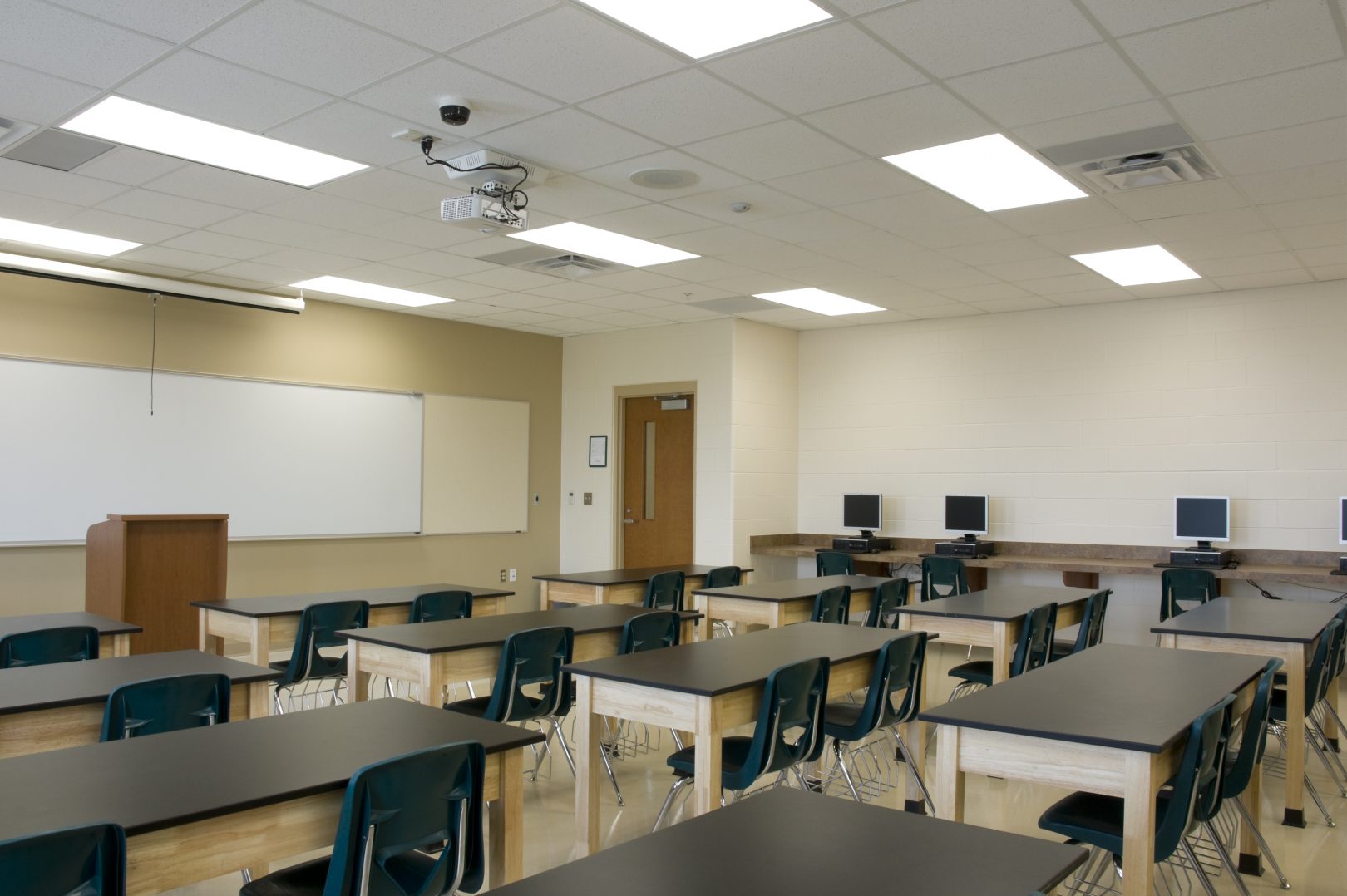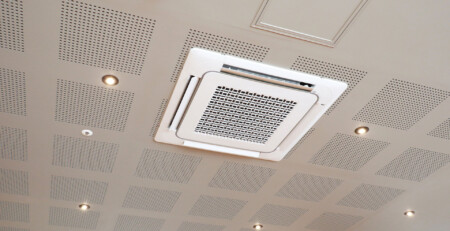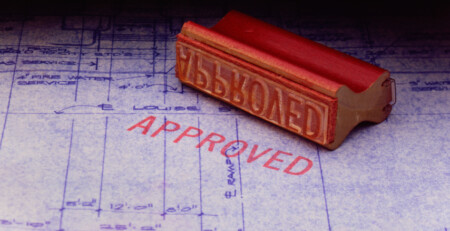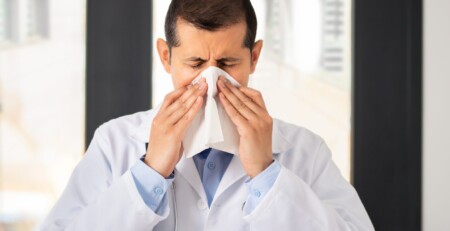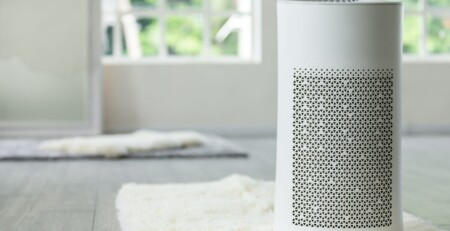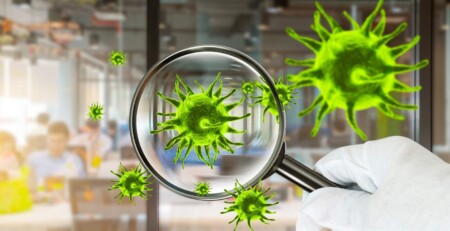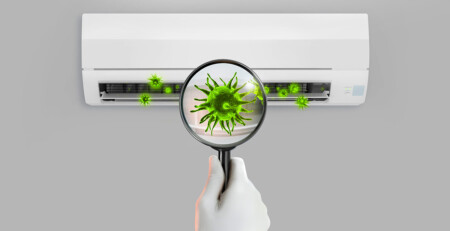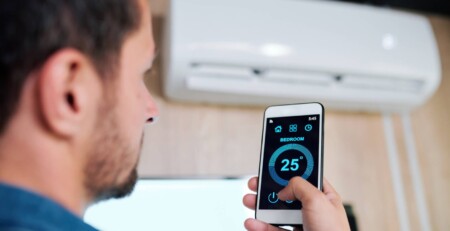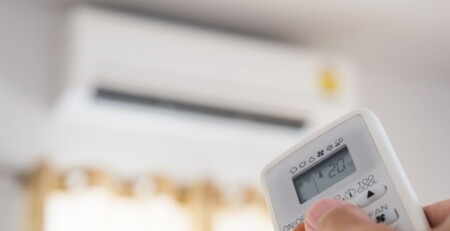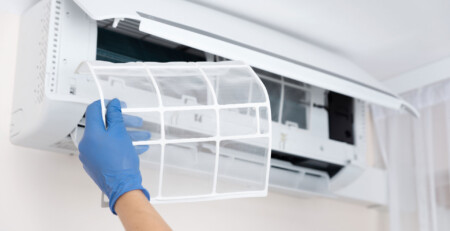Why proper ventilation is the key to a safe return of students to the Covid classroom
Do you wonder how clean the air that children breathe in classrooms is? The answer could raise the anxiety levels of parents across the state as students prepare to return to face-to-face learning. And rightly so, because if there is one thing that can bring the long awaited return to school plan undone, it’s poor ventilation.
Poor ventilation could be Covid’s partner in crime
First, we need to understand why ventilation is so critical to the indoor air quality. Generally, ventilation works to introduce clean, fresh air into a space and remove stale, polluted air. When there is minimal air movement in that space, contaminated droplets and aerosolised particles build up and the occupants – whether it is people in a workplace or students in the classroom – are exposed to potentially infectious pollutants like bacteria and viruses.
Poor ventilation doesn’t just affect our health, it can also impact our ability to concentrate, can cause tiredness and even fatigue.
Remember when the NSW Government was lauded for passing some of the toughest restrictions on cigarette smoking? It was celebrated for protecting children from the harmful effects of tobacco by banning smoking in cars when young children were present. Now the same effort is being sought when it comes to the risk of Covid-19 transmission in schools because, as one medical professional put it: “Parents will feel a lot better about sending their kids to school once they know they will be breathing safer air.”
How to reopen schools safely
It pays to listen to the experts when they say adequate ventilation is fundamental to eliminating the virus from indoor air. But who are these experts anyway?
OzSAGE is a newly formed group comprising of Australia’s respected public health experts, some of whom are authorities on infectious disease, epidemiology and also ventilation. The lobby group was formed to advise government on the best path to reopening – including schools.
The group has recommended practical initiatives that would make schools safe – particularly for younger children who will be unvaccinated. These measures include:
- Opening windows and holding classes outdoors where possible
- Avoiding congregation in staffrooms and eating and drinking away from others while masks are removed, and
- C02 monitoring to check ventilation
Filtration: another tool in the arsenal
The NSW Government says it is embarking on a mammoth task to ensure schools are well ventilated in a bid to reduce the risk of Covid-19 transmission in the classroom when schools reopen. This includes checking that windows operate efficiently for natural ventilation and that air conditioning service is carried out regularly to ensure systems are operating effectively.
But is that enough?
OzSAGE has also suggested installing HEPA air purifiers in classrooms to reduce exposure to Covid. How would that help? High-Efficiency Particulate Air or HEPA filters are fine filters capable of removing more than 99% of dust, pollen, mould and bacteria as well as infectious airborne particles like Covid. By its own calculations, OzSAGE says the outlay would pale compared to the daily cost of a Sydney lockdown.
Call in the professionals to inspect your ventilation system
For schools that have air conditioning systems, it is essential to ensure the heating, ventilation and air conditioning (HVAC) system is regularly inspected, maintained and cleaned to perform effectively and efficiently.
For individualised advice, consult a commercial air conditioning specialist to learn how to better ventilate your indoor space and reduce the risk of Covid-19 transmission. As HVAC technicians, Ausmech Air can investigate the adequacy of a ventilation system and offer insights into the indoor air quality.
With most infections occurring in shared indoor spaces, it is important we do what we can to ensure the air we breathe is fresh, clean air.

